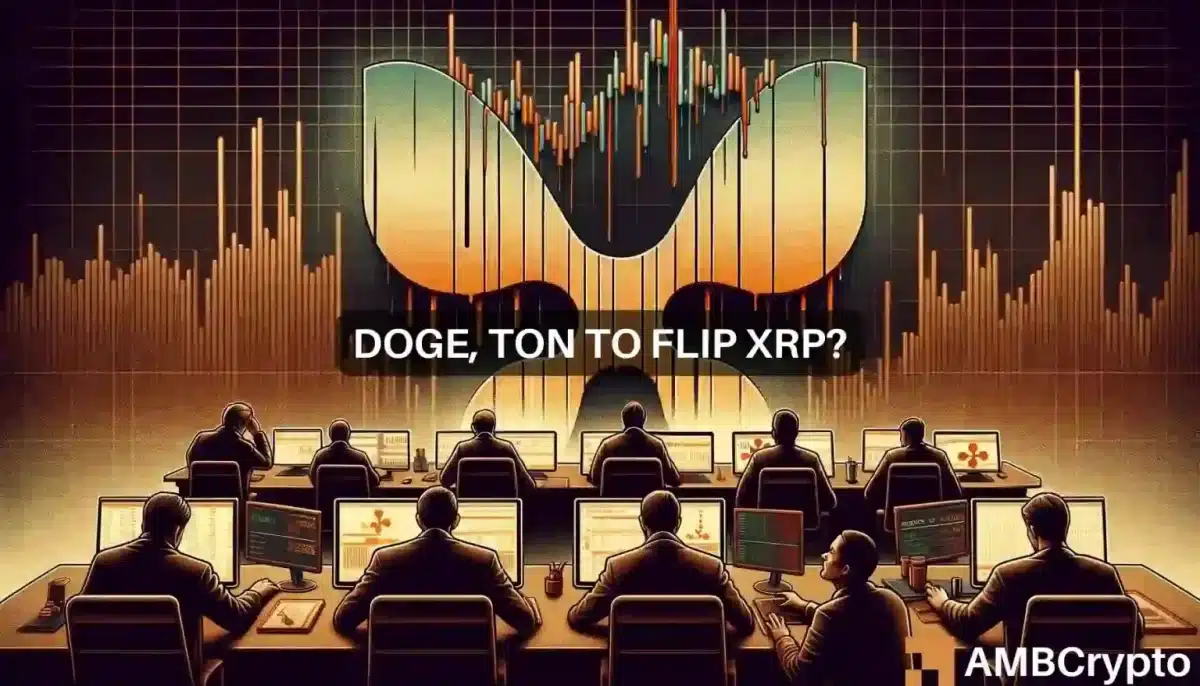Working Principles of Bitcoin Cash
Bitcoin Cash (BCH) is a cryptocurrency that emerged as a result of a contentious hard fork from Bitcoin (BTC) in August 2017. It was created to address some of the limitations of Bitcoin, primarily related to transaction speed and cost. Here is a detailed look at Bitcoin Cash, including its owner, uses, working principles, limitations, current value, and how to buy and sell the coin.
1. Owner: Bitcoin Cash, much like Bitcoin, is a decentralized cryptocurrency with no central owner or governing authority. It is maintained and operated by a distributed network of miners and node operators.
2. Uses: Bitcoin Cash serves several purposes within the cryptocurrency ecosystem:
- Digital Currency: It functions as a digital currency, allowing users to make peer-to-peer transactions and store value.
- Low-Cost Transactions: Bitcoin Cash is known for its lower transaction fees compared to Bitcoin. This makes it suitable for microtransactions and everyday financial transactions.
- Fast Confirmations: The blockchain’s faster block generation time (10 minutes for Bitcoin Cash compared to 10 minutes for Bitcoin) leads to quicker transaction confirmations.
- Smart Contracts: Bitcoin Cash can be used to create simple smart contracts, although it’s not as feature-rich as platforms like Ethereum.
3. Working Principles: Bitcoin Cash shares the core principles of Bitcoin but has implemented a few changes:
- Block Size: Bitcoin Cash increased the block size limit to 8MB, allowing for more transactions to be processed in each block. This was done to address the scalability issues faced by Bitcoin.
- Segregated Witness (SegWit): Unlike Bitcoin, which implemented SegWit as a way to increase the number of transactions per block without changing the block size, Bitcoin Cash opted not to implement SegWit.
- On-Chain Scaling: Bitcoin Cash primarily relies on increasing the on-chain capacity to accommodate more transactions, whereas Bitcoin focuses on the Lightning Network for off-chain scaling solutions.
4. Limitations:
- Centralization Concerns: Larger block sizes in Bitcoin Cash may lead to centralization concerns, as running a full node with larger blocks requires more resources, potentially limiting participation to a smaller group of miners.
- Market Competition: Bitcoin Cash faces competition from many other cryptocurrencies, including Bitcoin and various altcoins.
- Volatility: As with all cryptocurrencies, BCH’s value can be highly volatile, making it less stable as a store of value compared to traditional assets.
5. Current Value: The value of Bitcoin Cash (BCH) fluctuates based on market dynamics. To check the most up-to-date value, consult cryptocurrency exchanges, market tracking websites, or financial news sources.
6. How to Buy and Sell Bitcoin Cash: To buy and sell Bitcoin Cash, follow these general steps:
a. Choose a Cryptocurrency Exchange: Select a reputable cryptocurrency exchange that supports BCH trading. Common exchanges for BCH include Coinbase, Binance, Kraken, and Bitstamp.
b. Create an Account: Sign up for an account on your chosen exchange and complete any necessary identity verification.
c. Deposit Funds: Deposit funds into your exchange account using methods like bank transfers, credit/debit cards, or other cryptocurrencies.
d. Place an Order: Use your deposited funds to place a buy order for BCH at the current market price or specify a particular price if you want to wait for a better deal.
e. Secure a Wallet: Consider transferring your BCH to a secure cryptocurrency wallet, such as a hardware wallet, for added security.
f. Selling Bitcoin Cash: To sell BCH, place a sell order on the exchange when you decide to do so. You can exchange it for another cryptocurrency or fiat currency, depending on the trading pairs available on the exchange.
As with any cryptocurrency investment, exercise caution, do your research, and stay informed about the regulatory environment in your region. The cryptocurrency market is highly volatile, so only invest what you can afford to lose.



